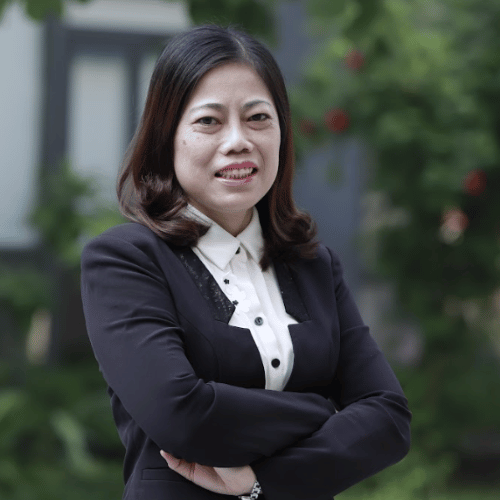Session 3 of the Positive Parenting Course took place in a warm and intimate setting, filled with genuine sharing from participating parents. After two sessions, Ms. Bùi Thị Xuân successfully implemented the “family meeting” method: “Although my child is not entirely comfortable yet, they’ve gradually started sharing the ‘tasks’ they have done and plan to do for us.” Many parents were delighted to report positive results after applying some of the “homework” assignments from the previous sessions.
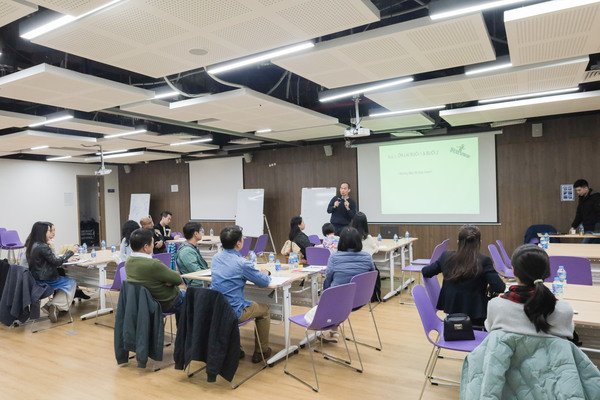
In this third session, parents were introduced to a new concept called “Logical Consequences.” “Consequences” refer to naturally occurring events without adult intervention—for example, a child touching hot water will get burned, or running on a wet floor will lead to slipping. Meanwhile, “logical consequences” are scenarios created by adults to help children understand the lessons about consequences and their responsibility for their own actions.

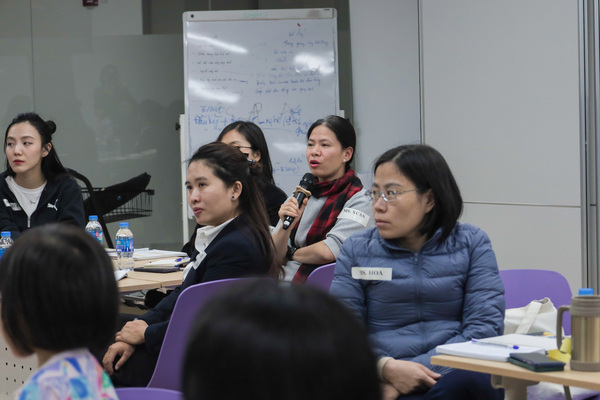
A favorite activity of the parents during each session is role-playing specific situations. “Despite being reminded multiple times by his parents to put dirty clothes in the basket after bathing, 8-year-old Long still refuses to do so. If you were Long’s parents, what would you do in this situation?” Through a practical solution, Mr. Lê Văn Hảo guided the parents on how to apply logical consequences in such cases. “If reminders, rules, or requests don’t work, we can create an agreement with the child: ‘Starting today, I’ve decided to only wash clothes that are in the basket.’ Then, if the child continues to leave clothes outside the basket, they’ll have to wear dirty clothes or have none to wear, which will help them understand the consequences of their actions.”
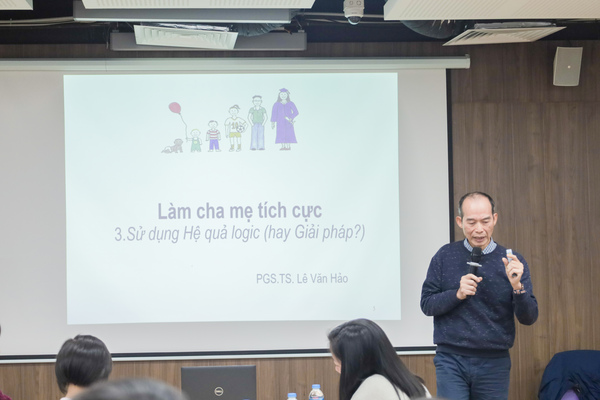
Mr. Lê Văn Hảo also emphasized three principles when applying Logical Consequences, known as the 3Rs: Related, Respectful, and Reasonable. The agreements parents make with their children must directly relate to the child’s actions at the time. Conversely, unrelated punishments, such as banning a child from attending a friend’s birthday party because they exceeded screen time limits, would be punitive rather than instructive. The way parents communicate with their child must also show respect, helping the child understand that the agreement is based on reasonable principles rather than impulsive or emotional reactions.
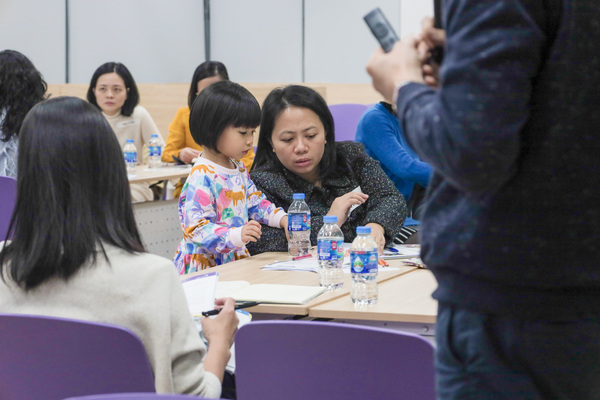
Mr. Lê Văn Hảo constantly reminds parents that the parent-child relationship is the most critical key in positive parenting. Children are not influenced by people they dislike or lack a connection with. Punishing a child only creates distance, fostering defensiveness and resistance to listening. Therefore, the core approach is always to maintain a calm and gentle demeanor with children, ensuring effective communication and appropriate behavior.




















